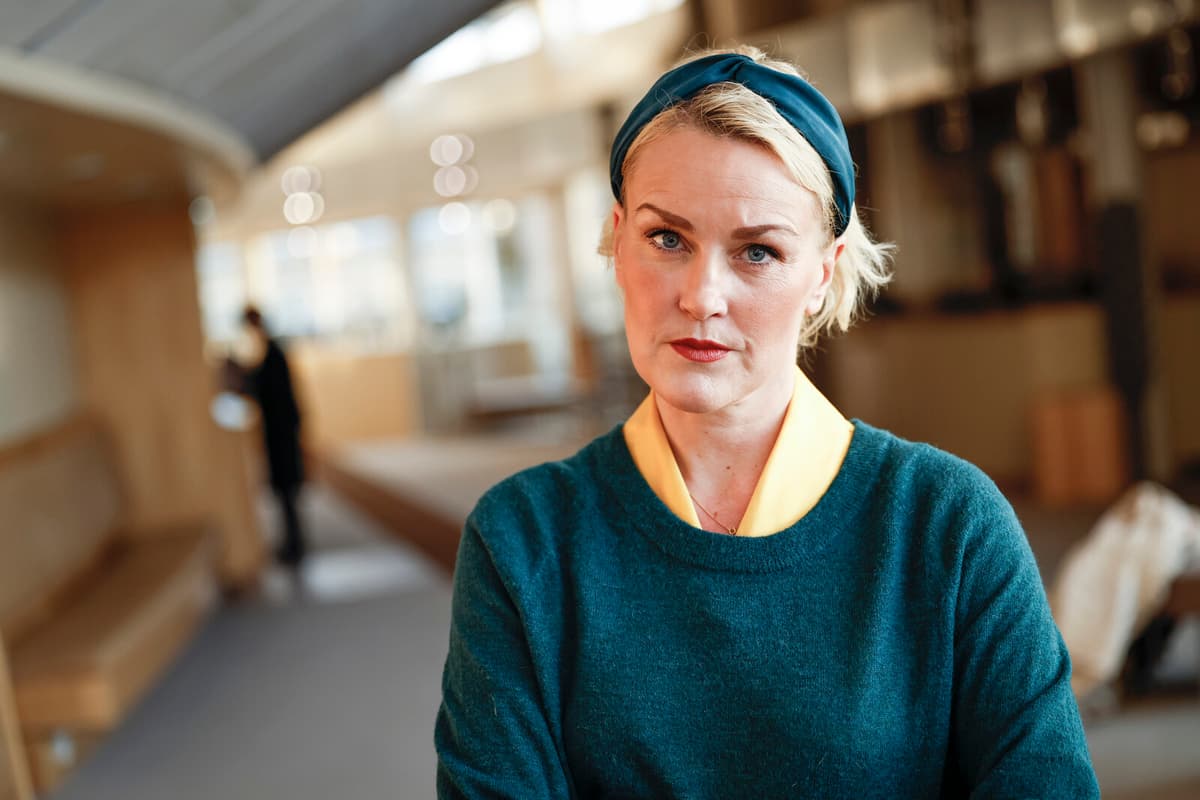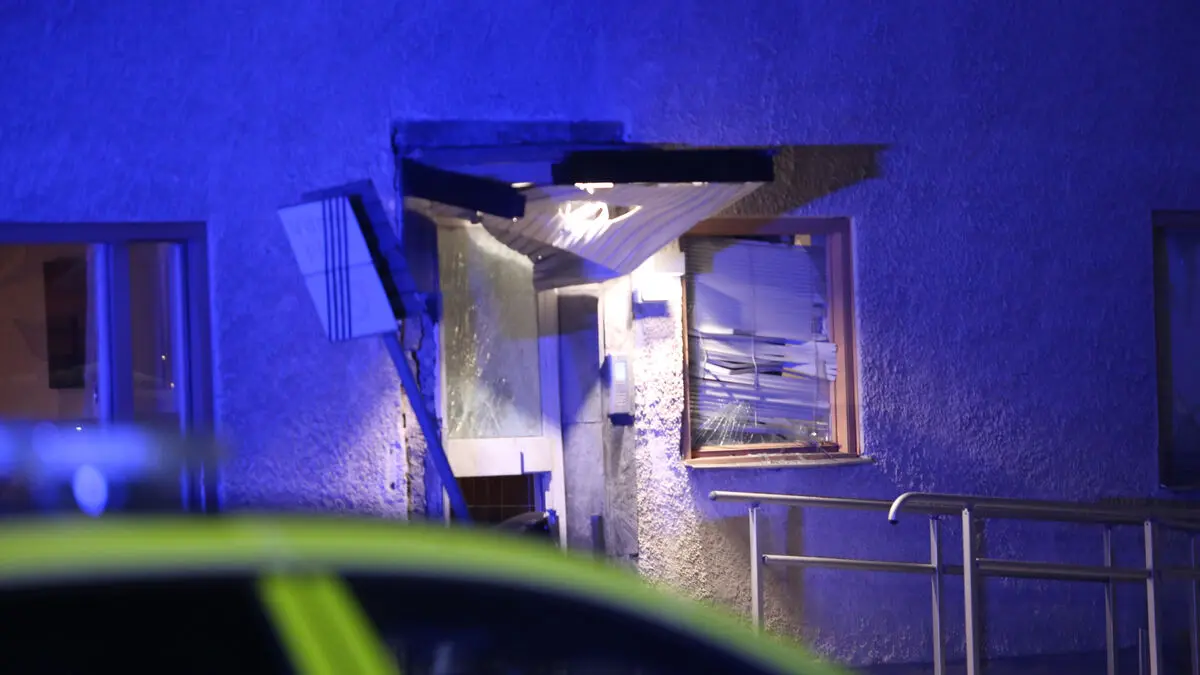Only 672 children lived last year in one of the 42 protected accommodations run by journeys linked to Unizon. The decrease has been ongoing for several years, despite an increased demand for support from the over 140 women's, girls', and youth journeys.
The National Board of Health and Welfare's latest survey of the country's 257 protected accommodations shows that the number of children has decreased.
It's life-threatening if children are left with violent perpetrators, says Unizon's chairperson Olga Persson.
Mothers say no
One-fifth of Unizon's journeys report that children have been forced to stay with the perpetrator while the affected parent receives protected accommodation. Mothers also decline places because their children are not allowed to accompany them.
The number of women in the accommodations is also decreasing, but Olga Persson wants to highlight the children.
Children are the future. Preventive work must start early. We know that risk factors for children growing up with violence at home – with father's or stepfather's violence against mother – are really in the risk zone for becoming exposed themselves, becoming perpetrators or being drawn into criminal gangs.
"Perfect storm"
She assesses that the pandemic years and the municipalities' strained economy are behind the decrease.
This is what is called a perfect storm, it's several different things that play a role here.
In addition, a new law came into force last year, which has received both praise and criticism, and has led to some accommodations being closed. Now, permits are required, which stops unscrupulous actors. But the increased requirements can also be difficult for ideologically driven accommodations to meet.
The process has been very long, unclear, and bureaucratic. We've had a year in limbo, says Olga Persson and highlights that the first accommodations have just been granted permits.
Social Minister Camilla Waltersson Grönvall (The Moderate Party) emphasizes that the law takes special consideration of children for the first time.
We are very keen that the ideologically driven organizations continue to conduct crime victim support activities, therefore, the women's shelters have been able to take part in extensive state grants, she says.
The proposal: The state pays
Unizon wants to see a "placement fee" where the state takes half of the cost from the municipalities.
This should only go to protected accommodation for victims of violence, so that they at least shouldn't be able to blame the economy and that the money is gone. For ultimately, it's a question of life and death, says Olga Persson.
Camilla Waltersson Grönvall has discussed the proposal with Unizon and the state auditor has also been tasked with analyzing the effect of this.
I think it's interesting and I want to take a closer look at this, she says.
Protected accommodation is temporary housing for people in need of protection against threats, violence, or other abuse. They are provided through the municipalities' social services.
The accommodations are run in municipal or private form in company, foundation, or association form. Social services cover the cost, which is paid out to the one running the accommodation in the form of daily allowance or according to an annual contract.
On April 1, 2024, a permit requirement was introduced for private actors – companies, associations, and foundations – that run accommodations. The supervisory authority is the Inspectorate for Health and Social Care (Ivo).






